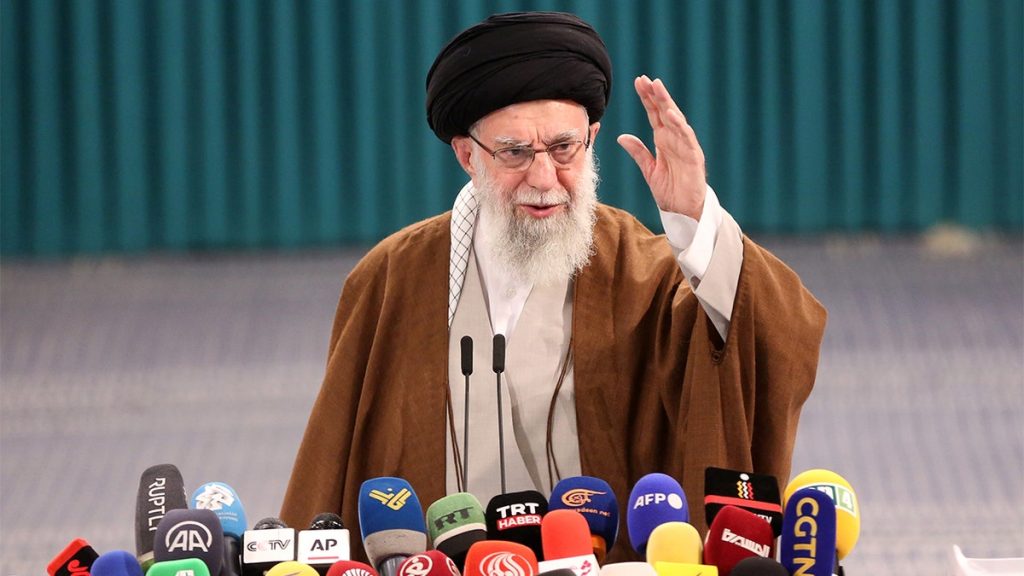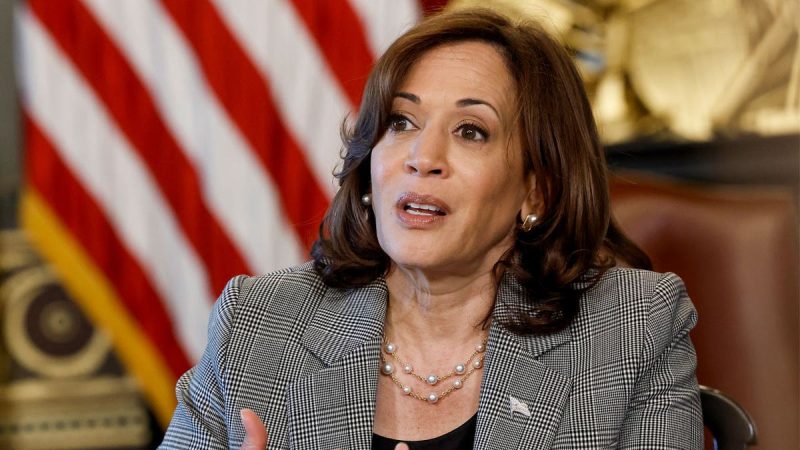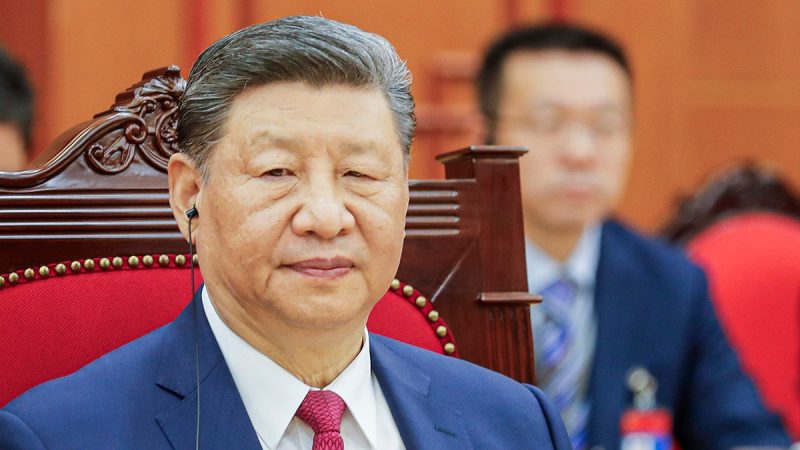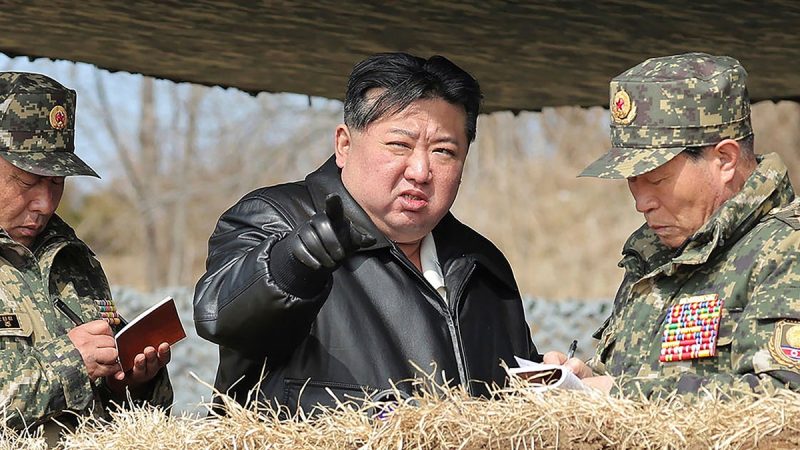Iran still wants a nuclear weapon despite ‘serious damage’ from US, Israeli strikes: expert warns

Iran is preparing its next step in what one security expert warns remains its chief objective: developing a nuclear weapon.
‘Repair, reconstitute and rebuild is going to be the modus operandi of the Islamic Republic of Iran,’ Behnam Ben Taleblu, Senior Director of the Foundation for Defense of Democracies’ Iran Program told Fox News Digital. ‘It just depends on how are they going to be doing it? While flirting with the international community? Are they going to go dark totally altogether?
‘All of this remains to be seen,’ he added.
Spokesman for the regime, Fatemeh Mohajerani, confirmed this week that the Fordow, Isfahan and Natanz nuclear sites had been ‘seriously damaged’ following the U.S. and Israeli strikes on Iran’s nuclear program last month.
Questions remain over the extent of damage that was incurred, as well as skepticism over whether Iran was able to move any enriched uranium or centrifuges away from the heavily guarded sites prior to the strikes.
Though the Trump administration said on Wednesday that it had ‘obliterated’ the three facilities it struck, and has fervently rejected reports suggesting that Iranian officials may have been able to transfer some elements of the regime’s coveted nuclear program, Israeli officials confirmed this week that they are continuing to monitor the situation closely.
Experts in the U.S. and Israel have said they believe Iran is still assessing the extent of the damage from the ‘bunker busting’ bombs, and that the regime will look to recover and repair what it can — meaning it may be looking to buy time.
‘No doubt, the regime will still have a diplomatic strategy designed to rope-a-dope anybody, and to find as much time as possible for this government to do that,’ Ben Taleblu said.
The Iranian regime this week suggested it remained open to negotiations with the U.S. after President Donald Trump signaled that the talks could begin as soon as next week, though multiple Iranian officials said that that timeframe was overly ambitious.
‘I don’t think negotiations will restart as quickly as that,’ Iranian Foreign Minister Abbas Araghchi said in a CBS News interview. ‘The doors of diplomacy will never slam shut.’
But the regime also took steps to further hinder the UN nuclear watchdog — which is tasked with tracking all nation’s nuclear programs — and suspended all interaction with the International Atomic Energy Agency (IAEA) on Wednesday.
That same day, the State Department condemned the move, and spokesperson Tammy Bruce said it was ‘unacceptable that Iran chose to suspend cooperation with the IAEA at a time when it has a window of opportunity to reverse course and choose a path of peace and prosperity.’
Iran has limited IAEA access in the past and Ben Taleblu argued Tehran will likely look to do this again as it attempts to hold on to any bargaining chip it can.
‘The Islamic Republic of Iran’s next step, and likely most dangerous capability right now, is its diplomatic capability,’ the Iranian security expert argued. ‘This is the capability of the regime to either enter negotiations with a weak hand and leave with a strong hand, or try to prevent a military victory of its adversaries from becoming a political victory.
‘If negotiations do take place between the U.S. and the Iranians, be they direct or indirect, the Iranians are going to be dangling IAEA access. This is already their most important weapon,’ he added.
Ben Taleblu explained that using the IAEA as a bargaining chip not only enables Iran to play for time as it looks to re-establish its nuclear program, but to sow division in the U.S. by creating uncertainty.
‘By diminishing the monitoring and by circumscribing and even cutting IAEA access to these facilities, the regime is trying to make America have to rely on intelligence alone,’ he said. ‘And as you see from the very politicized debates over the battle damage assessment, relying on intelligence alone without sources on the ground inspecting the sites, inspecting the facilities, documenting the fissile material, can lead to drastically different conclusions being taken by similar but not the same intelligence organizations or representatives.’
Ultimately, Iran is not going to give up on its nuclear ambitions, Ben Taleblu warned, noting that Tehran’s security apparatus completely changed during its war with Iraq in the 1980s.
‘Everything that we face from the regime that is a security threat was started then — the ballistic missile program, the drone program, the maritime aggression, the transnational terrorist apparatus and the nuclear program all have their origins in the 1980s,’ he said. ‘By resurrecting this nuclear program, the Islamic Republic was not engaging in a science fair experiment.
‘The Islamic Republic was seeking an ultimate deterrent,’ Ben Taleblu continued. ‘It was seeking an ultimate deterrence because it had a vision for what the region and the world should look like, and it was willing to put foreign policy muscle and the resources of its state behind that vision.’
The expert on the Iranian regime warned that Iran’s 40-year ‘obsession’ with developing its nuclear program to achieve its geopolitical aims is not going to change because of U.S. military intervention.







